 Should it be a crime for editors to cite work in their own journal?
Should it be a crime for editors to cite work in their own journal?
Last year, the Journal of Criminal Justice became the top-ranked journal in the field of criminology, but critics say that its meteoric rise is due in part to the editor’s penchant for self-citation.
As Thomas Baker of the University of Central Florida, writes in the September/October issue of the The Criminologist, a newsletter of the American Society of Criminology: Continue reading Crime journal’s meteoric rise due to questionable self-citation: analysis
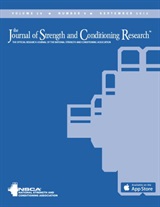
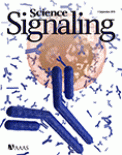 A paper containing data fudged by former University of California San Francisco grad student Peter Littlefield has been corrected. We knew that this was coming — last month,
A paper containing data fudged by former University of California San Francisco grad student Peter Littlefield has been corrected. We knew that this was coming — last month, 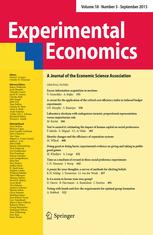

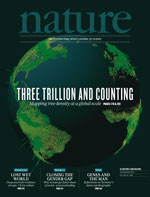
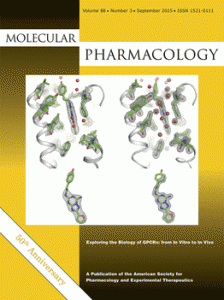


 Another retraction and a correction that retracts two figures — ie, a partial retraction — have been posted for
Another retraction and a correction that retracts two figures — ie, a partial retraction — have been posted for